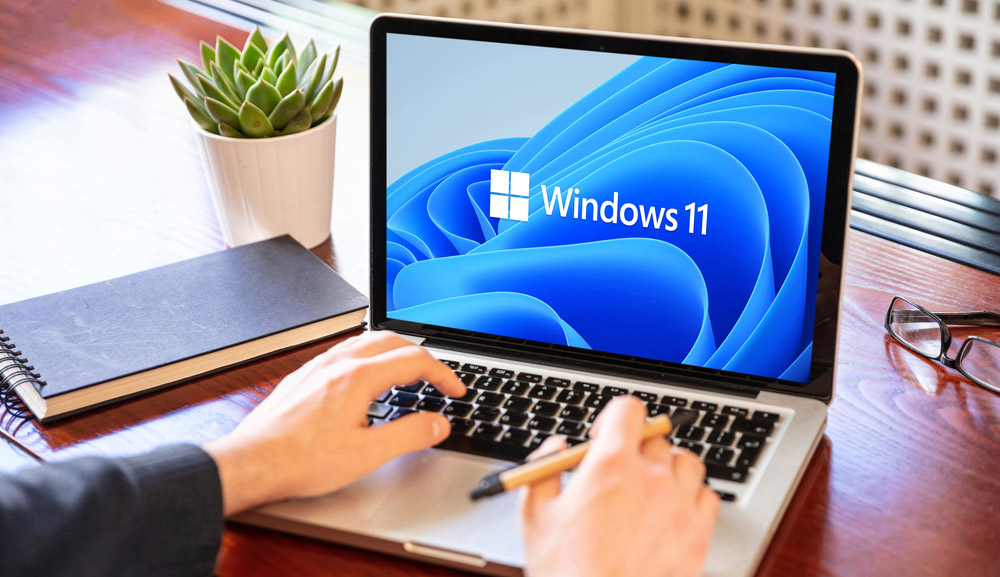Windows 11 pop-up warns of possible damage to unsupported PCs
Unsupported hardware will not receive updates

Windows 11 is officially out — you can read our Windows 11 review to see what's new — and one of the most noteworthy things about this update is that it's only supported on PCs that meet Microsoft’s stringent requirements. Microsoft has previously warned that if you're installing Windows 11 on unsupported hardware, you're doing so at your own risk and you'll miss out on Windows 11 updates for that device.
Microsoft is making that message even more blunt. As TechRadar reports, the Redmond-based software giant has turned to a pop-up warning in Windows 11 that details what may happen if a user decides to install the update on unsupported hardware. It also reiterates that there will be no updates for the operating system.
- Our step-by-step guide on how to download and install Windows 11
- Windows 11 vs Windows 10: Here's what's new
- Plus: I wouldn’t upgrade to Windows 11 yet — here's why
The pop-up warns of possible compatibility issues on older hardware and how Windows 11 won’t receive updates on such devices. The warning also says that potential damage to your PC isn’t covered under the manufacturer’s warranty.
A Windows Latest report points to a Microsoft support document that warns, “Your device might malfunction due to these compatibility or other issues. Devices that do not meet these system requirements will no longer be guaranteed to receive updates, including but not limited to security updates.”
Ways to circumvent Windows 11’s requirements, particularly TPM 2.0 support, exist. However, we strongly urge you to not install or update to Windows 11 if your PC doesn’t meet the requirements.
As we said when reviewing Windows 11, it isn’t necessary to update at this time. After my own extensive hands-on time with Windows 11 on the Surface Pro 8, I certainly echo that verdict. Windows 11 offers a smooth experience but it isn’t a revolutionary leap forward.
While it’s fun being an early adopter, there’s no need to place your PC at risk for something that is, at the moment, not wholly required. It’s better to stick with Windows 10 until you have hardware that supports the new operating system.
Get instant access to breaking news, the hottest reviews, great deals and helpful tips.
If you’re interested in (safely) updating to Windows 11, go to Microsoft’s Window 11 page to download the latest PC Health Check app. The app will scan your PC and let you know if your PC meets Windows 11’s requirements.

Tony is a computing writer at Tom’s Guide covering laptops, tablets, Windows, and iOS. During his off-hours, Tony enjoys reading comic books, playing video games, reading speculative fiction novels, and spending too much time on X/Twitter. His non-nerdy pursuits involve attending Hard Rock/Heavy Metal concerts and going to NYC bars with friends and colleagues. His work has appeared in publications such as Laptop Mag, PC Mag, and various independent gaming sites.
